Nigeria
The biggest economy in Africa, Nigeria has been trying to increase its reserves and stop the decline of its currency, which has fallen to record lows on the black market two months after trading restrictions were loosened on the official market.
Following a meeting with President Bola Tinubu to examine methods to increase dollar liquidity on the official market, acting central bank governor Folashodun Shonubi said on Monday that the bank will take actions that will have an impact on currency markets in the coming days.
Shonubi said the president was worried about the black market rate serving as a reference rate for domestic use and its influence on inflation, but did not specify what steps were going to be taken.
With his boldest reforms in decades, Tinubu eliminated an expensive fuel subsidy and devalued the naira, sparking interest from foreign investors in the nation, which had been struggling with high inflation and skyrocketing debt-servicing costs.




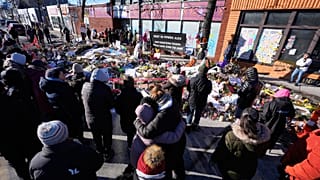
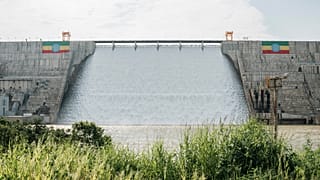
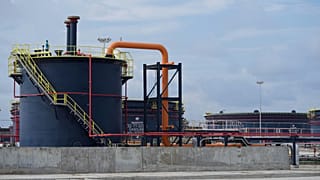
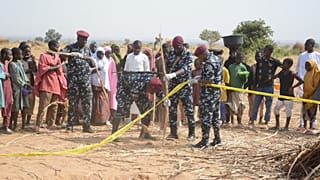
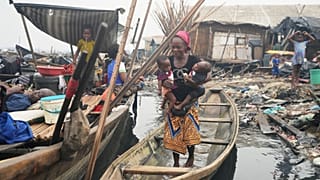
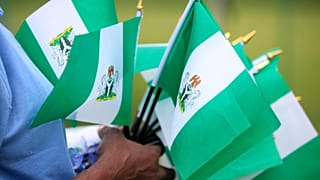
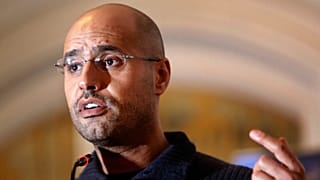
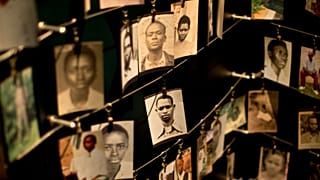
01:30
Police disperse protesters demanding compensation following mass eviction
01:05
Corruption trial of Nigeria's ex-oil minister and former OPEC chief opens in London
01:12
Nigeria army rescues 11 kidnap victims on Kaduna–Abuja highway
01:32
US, Nigeria diverge in details over strikes on militants
01:45
New mass kidnapping, initially denied by police, shakes Nigeria
00:51
Nigeria to revise inflation reporting after artificial spike expected in December